There is a growing body of research that suggests that having indoor plants can help reduce stress and anxiety. A recent study published in the Journal of Physiological Anthropology found that office workers who had plants in their workspace had lower levels of stress and anxiety than those who did not.
“If we could see the miracle of a single flower clearly, our whole life would change.” -Buddha

Credit: Pexels
Other studies have found similar results. One study found that college students who had plants in their dorm rooms had lower levels of stress and anxiety than those who did not. Another study found that people who spent time in a room with plants had lower levels of stress and anxiety than those who did not.
So if you’re looking for a way to reduce stress and anxiety, consider adding some plants to your indoor space.
The Benefits Of Indoor Plants For Anxiety And Stress
Indoor plants are known to have many benefits, including reducing stress and anxiety. A study published in the Journal of Physiological Anthropology found that indoor plants can significantly reduce stress levels in people who work in offices. The study found that office workers who had plants in their workspace had lower levels of the stress hormone cortisol than those who did not have plants.
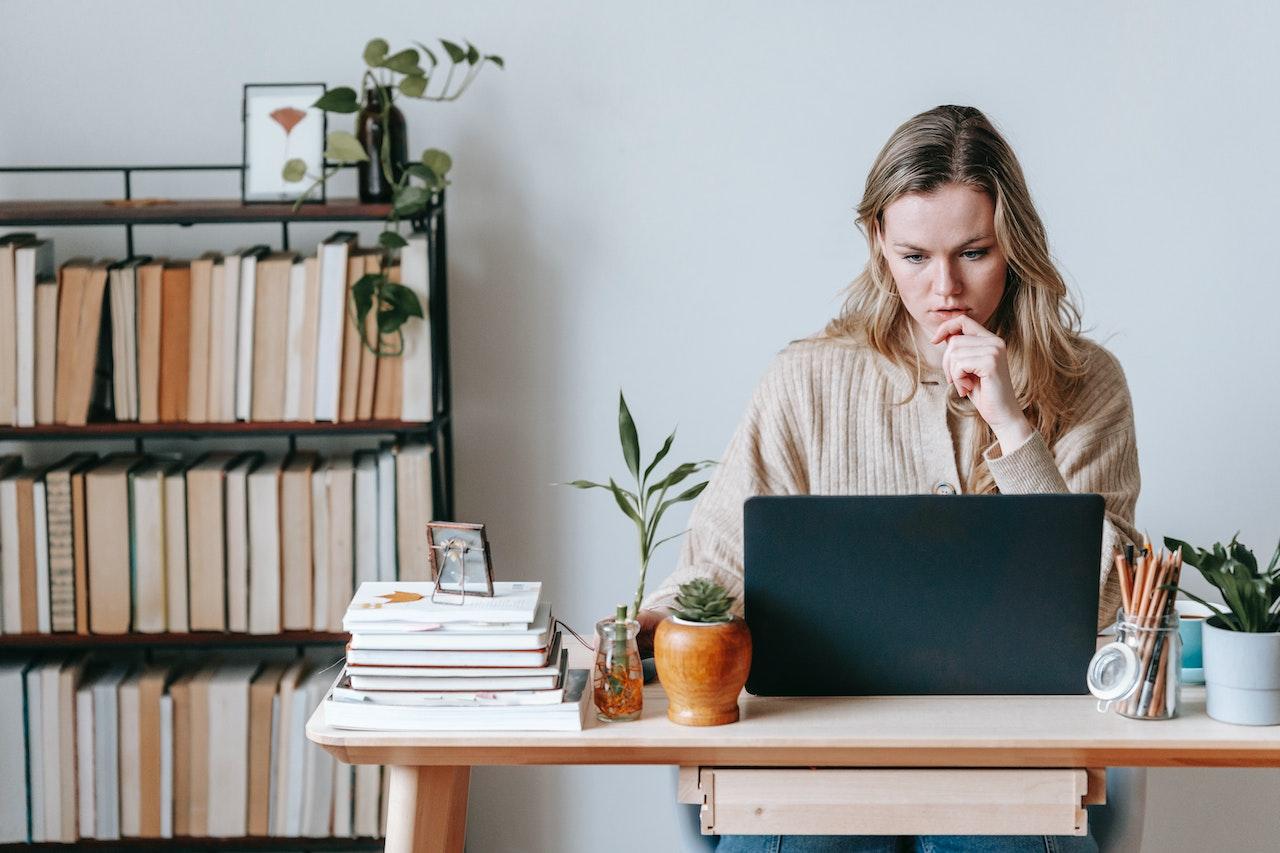
Credit: Pexels
Here are some of their benefits
- Indoor plants can help purify the air.
- Indoor plants can help reduce noise levels.
- Indoor plants can help increase humidity.
- They improve focus, and concentration and sharpen your memory.
- They boost your mood and reduce anxiety levels.
Another study, published in the International Journal of Environmental Health Research, found that indoor plants can also help reduce stress and anxiety in students. The study found that students who had plants in their dorm rooms had lower levels of the stress hormone cortisol and felt less stressed and anxious than those who did not have plants.
So, if you’re looking for a way to reduce stress and anxiety, consider adding some indoor plants to your home or office.
The Best Indoor Plants For Stress And Anxiety Relief
There are a lot of benefits that come with having indoor plants. Not only do they help purify the air, but they can also help reduce stress and anxiety. If you’re looking for a natural way to ease your anxiety, here are the best indoor plants to use:
1. Aloe Vera
Aloe vera is a succulent plant that is often used for its medicinal properties. The gel inside the aloe vera leaves can be applied to the skin to help heal cuts and burns. But did you know that aloe vera can also help reduce anxiety?
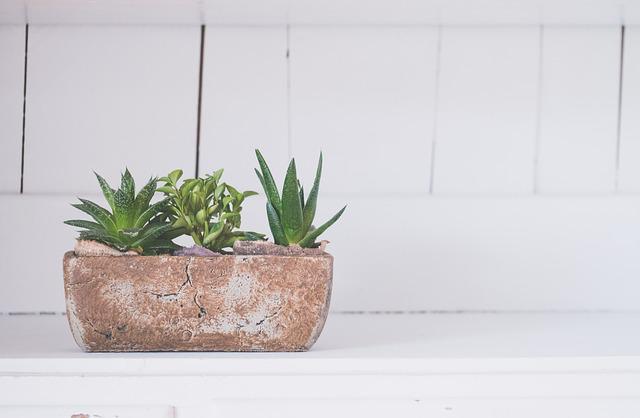
A study published in the Journal of Ethnopharmacology found that aloe vera extract can help reduce anxiety and improve sleep quality. So if you’re having trouble sleeping due to anxiety, placing an aloe vera plant in your bedroom may help you get some much-needed rest.
2. Lavender
Lavender is a popular herb that is known for its relaxing properties. The scent of lavender has been shown to reduce anxiety and promote relaxation.
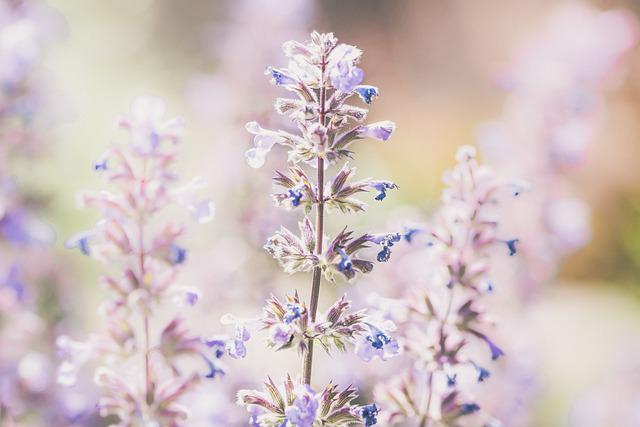
One study found that inhaling lavender essential oil can help reduce anxiety and improve sleep quality. So if you’re looking for a natural way to relax, consider placing a lavender plant in your home or office.
3. Snake Plant
Snake plants are a type of succulent that is known for being low-maintenance. They don’t require a lot of water or sunlight, making them ideal for indoor spaces.
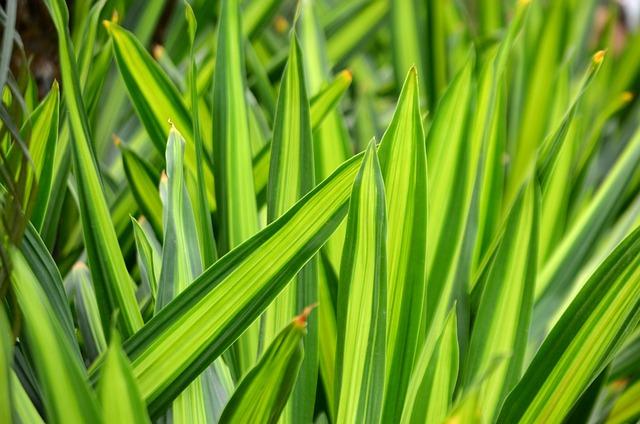
Snake plants have also been shown to improve air quality. They help filter out harmful toxins from the air, which can help reduce stress and anxiety. So if you’re looking for a plant that will help purify your air and reduce your anxiety, a snake plant is a good option.
4. Spider Plant
Spider plants are a type of flowering plant that is known for their ability to filter out harmful toxins from the air. Like snake plants, they can help improve air quality and reduce stress and anxiety.
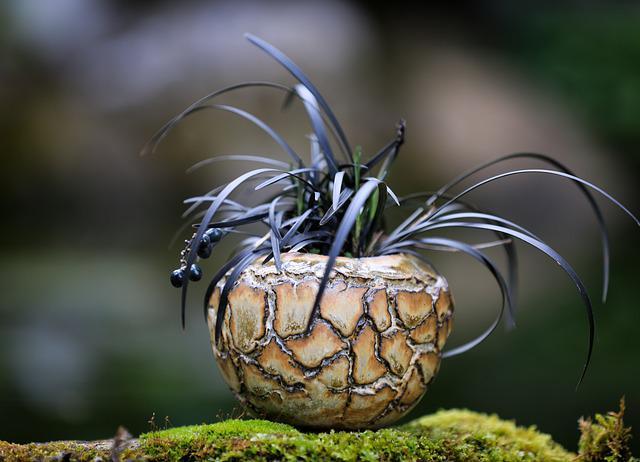
Spider plants are also easy to care for, making them a good option for people who don’t have a lot of time to dedicate to plant care. If you’re looking for a low-maintenance plant that can help improve your air quality and reduce your anxiety, a spider plant is a good choice.
5. Peace Lily
Peace lilies are a type of flowering plant that is known for its ability to filter out harmful toxins from the air. Like snake plants and spider plants, they can help improve air quality and reduce stress and anxiety.
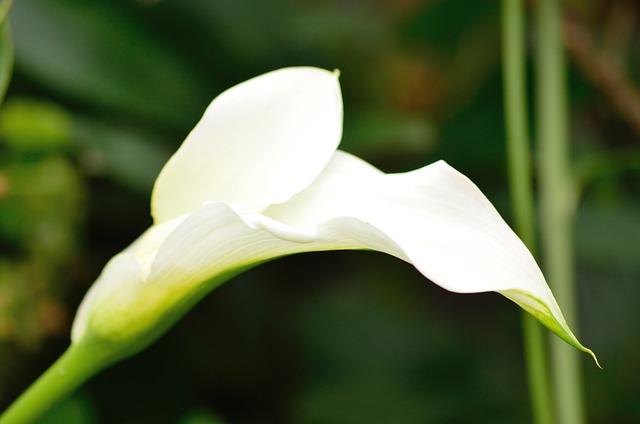
Peace lilies are also relatively easy to care for. They don’t require a lot of water or sunlight, making them a good option for people who don’t have a lot of time to dedicate to plant care. If you’re looking for a low-maintenance plant that can help improve your air quality and reduce your anxiety, a peace lily is a good choice.
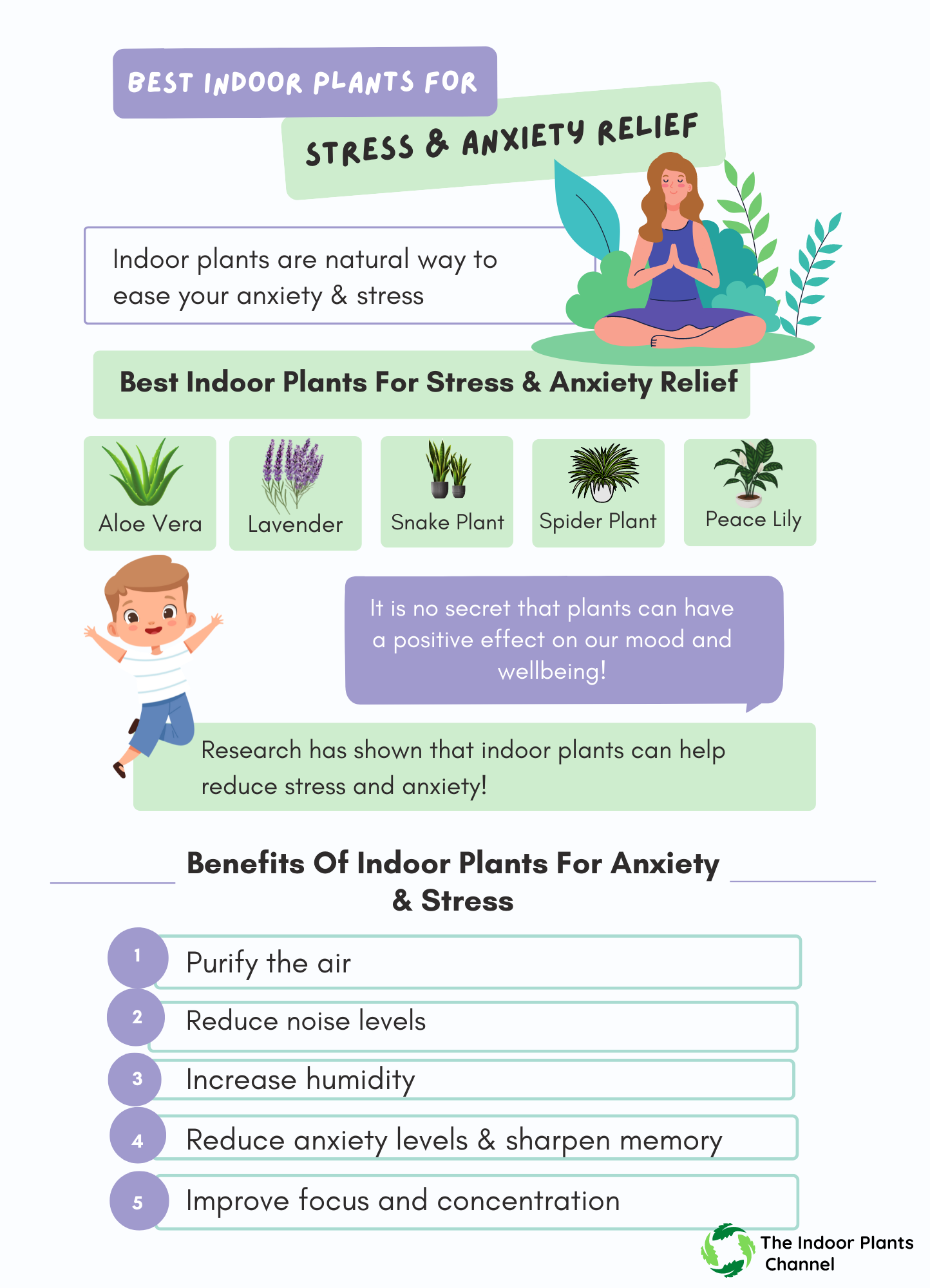
How To Use Indoor Plants To Reduce Stress And Anxiety
It is no secret that plants can have a positive effect on our mood and wellbeing. In fact, research has shown that indoor plants can help reduce stress and anxiety. Here are a few ways you can use plants to reduce stress and anxiety in your life:
1. Choose the right plant.
Some plants are better at reducing stress and anxiety than others. Look for plants that are known to be calming, such as lavender or chamomile
2. Place plants in your home or office
Placing plants in your home or office is a great way to reduce stress and anxiety. Studies have shown that simply being around plants can help reduce stress and anxiety levels.
3. Use plants in your decor
Using plants in your decor is a great way to reduce stress and anxiety. Studies have shown that simply being around plants can help reduce stress and anxiety levels.
4. Grow plants
Growing plants is a great way to reduce stress and anxiety. Studies have shown that simply being around plants can help reduce stress and anxiety levels. Taking care of a plant can be therapeutic in itself. Watering, pruning, and generally caring for your plant will help you to relax.
5. Give plants as gifts
Giving plants as gifts is a great way to reduce stress and anxiety. Studies have shown that simply being around plants can help reduce stress and anxiety levels.
6. Spend time around plants
Spending time around plants is a great way to reduce stress and anxiety. Studies have shown that simply being around plants can help reduce stress and anxiety levels.
The Best Way To Care For Your Indoor Plants To Reduce Stress And Anxiety
It is essential to care for your indoor plants properly in order to reduce stress and anxiety.
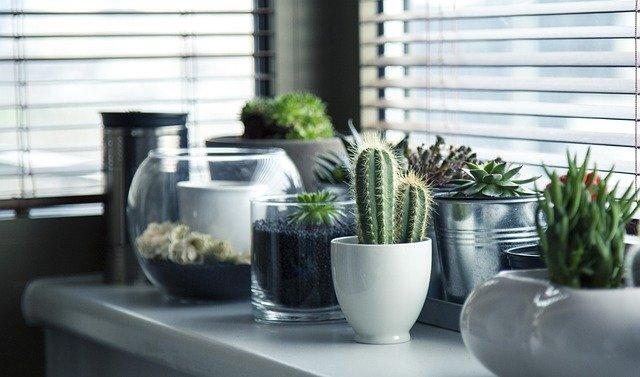
Here are some tips on how to best care for your plants:
- Water your plants regularly. Indoor plants need to be watered about once a week.
- Make sure your plants are getting enough light. Place them near a window where they can get direct sunlight for a few hours each day.
- Fertilize your plants every month or so. This will help them to stay healthy and strong.
- Prune your plants as needed. This will help them to stay bushy and full.
- Dust your plants regularly. This will help to keep them clean and free of dust buildup.
Following these simple tips will help to reduce stress and anxiety by keeping your plants healthy and vibrant.
The Top Indoor Plants For Anxiety And Stress Relief
- Aloe Vera
- Spider Plant
- Snake Plant
- Peace Lily
- Rubber Plant
- Dracaena
- Philodendron
- Pothos
- Fiddle Leaf Fig
- Boston Fern
Frequently Asked Questions
What are some common plants that are studied for their stress and anxiety-reducing properties?
Some common plants that are studied for their stress- and anxiety-reducing properties include chamomile, lavender, lemon balm, and passionflower.
How do these plants work to reduce stress and anxiety?
The exact mechanisms by which these plants work to reduce stress and anxiety are not fully understood, but it is thought that they work by affecting the levels of certain chemicals in the brain, such as serotonin and GABA.
Are there any side effects associated with taking these plants?
There are generally no side effects associated with taking these plants, although some people may experience upset stomach or diarrhea if they take too much.
How do I know if a particular plant is right for me?
It is generally recommended that you start with a small dose and increase gradually as needed. If you experience any adverse effects, stop taking the plant and consult a healthcare professional. Likewise, you can consult a doctor before using the plant.
Where can I find these plants?
These plants can be found in many health food stores or online.
Bonus Tip
- Make tea with the leaves of the plant to help reduce stress and anxiety.
- Add the plant to a relaxing bath to help ease stress and anxiety.
- prepare a compress with the leaves of the plant to help soothe anxious nerves.
- Inhale the calming scent of the plant to help ease stress and anxiety.
- Chew on the leaves of the plant to help relieve stress and anxiety. However, you have to ask your doctor before consuming the plants.
- Place the plant in a pot near your workspace or in your bedroom to help you relax and de-stress.
Conclusion
Plants have long been used in traditional medicines to treat a variety of ailments, including stress and anxiety. In recent years, science has begun to back up these claims, with research studies showing that plants can indeed help to reduce stress and anxiety levels.
If you’re in a dilemma on which plant to use, don’t worry as we’ve made it easy. The post contains the best Indoor plants you can use to reduce your anxiety level and how to use them.
Michelle Wilde
Related posts
13 Comments
Leave a Reply Cancel reply
![]()
About Michelle Wilde
Michelle Wilde is a stay-at-home mom and avid plant lover. Armed with a post-graduate degree in Computer Science (no kidding!), she loves researching plants and landscapes. When she is not caring for her 4 kids, she spends time on her passion for plants. She blogs at www.indoorplantschannel.com, the trusted source for indoor plants.
Learn more
Subscribe
* You will receive the latest posts and updates about indoor plants!
Search
Recent Posts
Categories
- Beginner Guides (10)
- FAQ (206)
- General (2)
- How-To Guides (212)
- Indoor Plants (214)
- Pest Management (2)
- Plant Problem Solutions (4)
- Seasonal Growing (2)
- Specialized Environments (2)
- Specific Plant Care (3)
- Technical Growing (2)
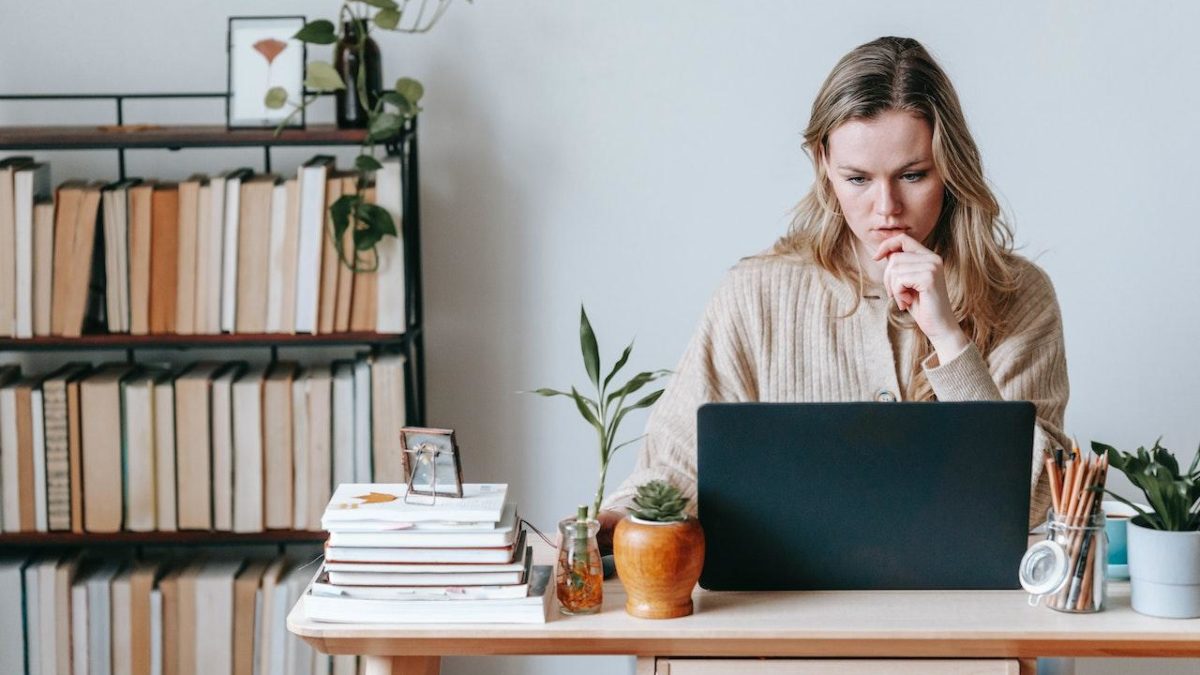
[…] Research Studies On Plants To Treat Stress And Anxiety […]
[…] Research Studies On Plants To Treat Stress And Anxiety […]
[…] Research Studies On Plants To Treat Stress And Anxiety […]
[…] Research Studies On Plants To Treat Stress And Anxiety […]
[…] Research Studies On Plants To Treat Stress And Anxiety […]
[…] Research Studies On Plants To Treat Stress And Anxiety […]
[…] Research Studies On Plants To Treat Stress And Anxiety […]
[…] Research Studies On Plants To Treat Stress And Anxiety […]
[…] Research Studies On Plants To Treat Stress And Anxiety […]
[…] only aesthetically pleasing, but they can also improve your sleep quality. Studies have shown that plants can help to reduce stress and anxiety and promote a sense of calm. If you’re struggling with insomnia, adding a few plants […]
[…] plants can also improve your mental health. Studies have shown that plants can reduce stress and anxiety. They can also improve your mood and cognitive […]
[…] Not only do tall spiky houseplants improve the quality of the air, but they can also boost your mood. Studies have shown that being around plants can help reduce stress and anxiety. […]
[…] in your home can help to reduce stress and anxiety levels. Studies have shown that plants can help to reduce stress and make people feel calmer and more […]